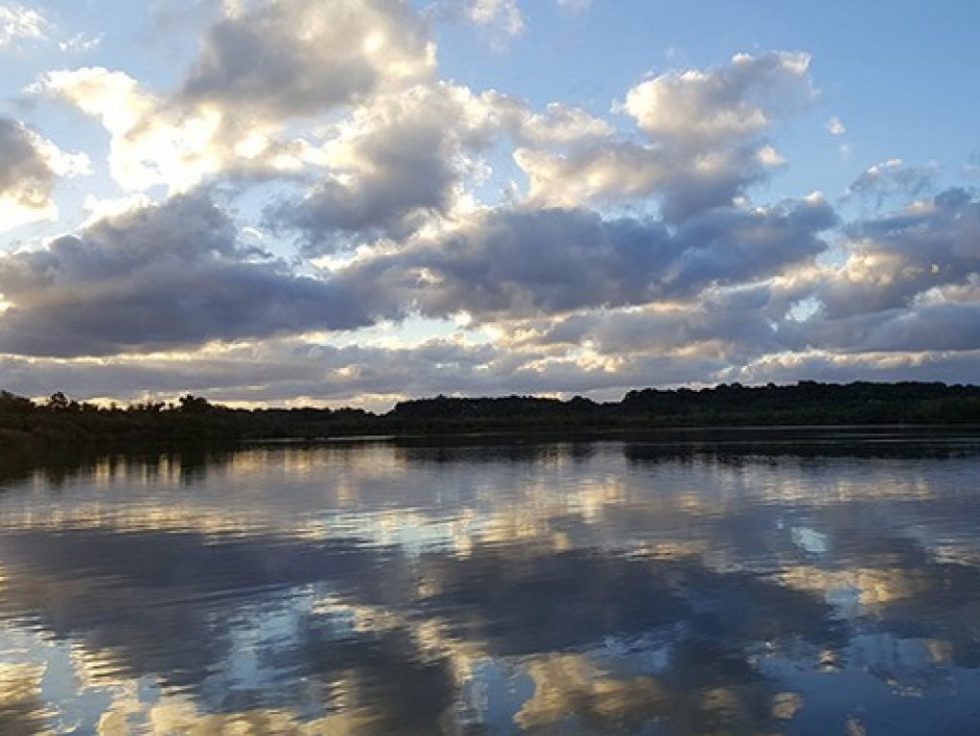The Project
Using state of the art technology and ground-breaking techniques, this project will transform Hoveton Great Broad from its current brown, mucky, lifeless state to a clear, pristine, species-rich wildlife haven.


What’s wrong with the broad?
Hoveton Great Broad was once a clear plant-rich lake but for many years it’s been in a mucky, brown, lifeless state due to poor-quality polluted water entering it from the River Bure. Without clear water, plants cannot thrive and without the plants, the lake cannot support the wonderful variety of fish, birds and insects that it once did.
Over the last 30 years, thanks to better sewage treatment and improvements in farming practices, river water quality has greatly improved and the time is now right to restore the broad to its former glory.
How do you ‘fix’ a broad?
To restore the broad, we will use two techniques – sediment removal and biomanipulation (temporary fish removal). Together, these techniques should create the perfect conditions for plants to flourish once more.

Biomanipulation
“Biomanipulation” is THE key technique that we are using to improve the water quality of Hoveton Great Broad.

Hoveton Great Broad Restoration Project
Animation telling the story of Hoveton Great Broad and the restoration projects

Tiny Daphnia are a big part of the solution
The aim of this project is to create clear water. This will allow the plants to germinate and grow back. The real key to achieving this is fish removal. By removing the fish, the water fleas (zooplankton) that they feed on, will thrive and feast on the algae that gives the water its horrid brown colour. Once the fish are removed, the water flea feasting should quickly clear the water (almost like magic!).

Outcome
Over the course of the project, we expect to return the broad to a clear water state. Within 10 years, we expect to see wildlife starting to flourish once more. Dense reedy margins will provide nesting sites for birds, shoals of rudd and perch will dart through a developing underwater jungle and the air above will hum with the wing beats of dragonflies, damselflies and a whole host of other insects. At least that’s what we’re hoping for.

